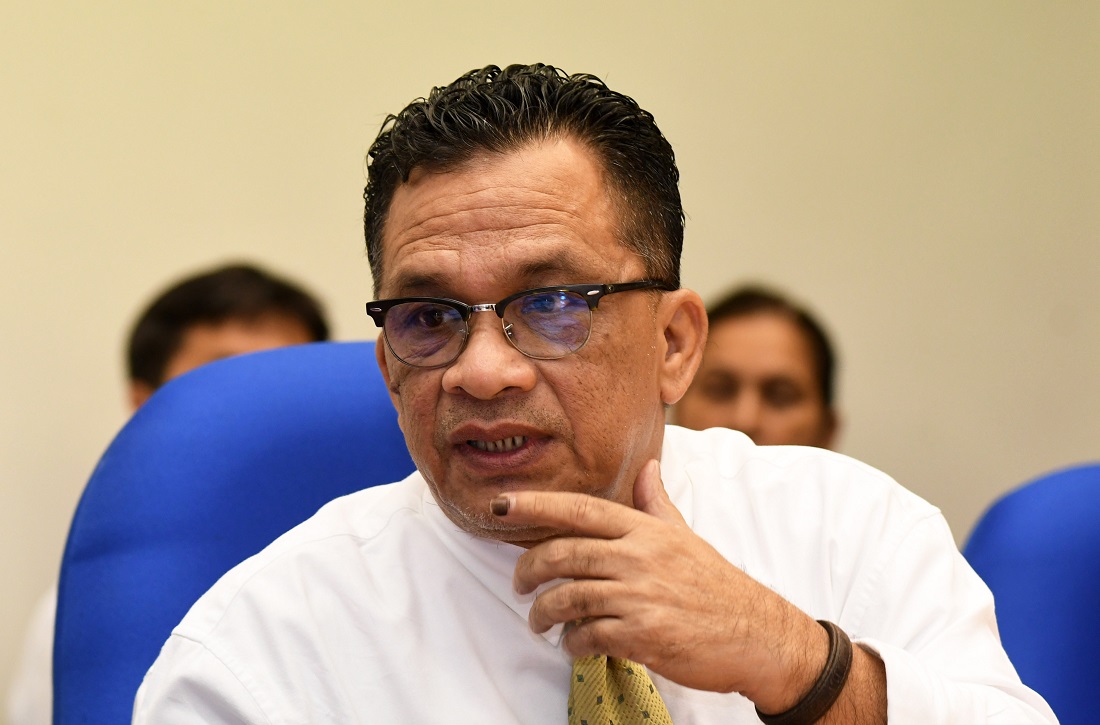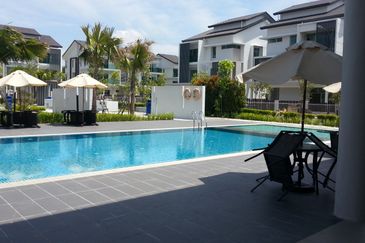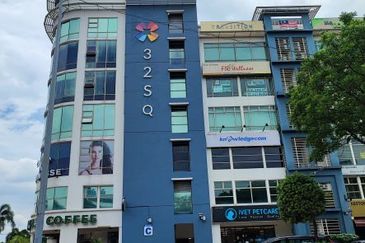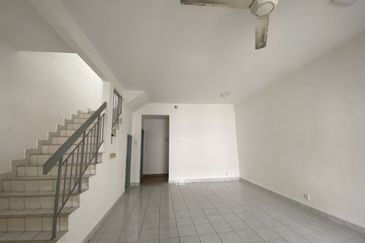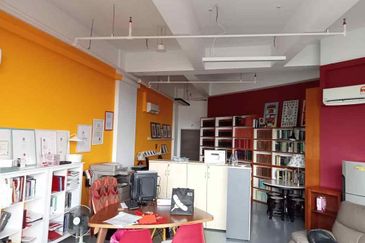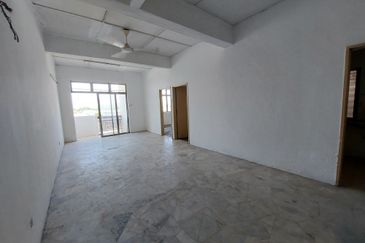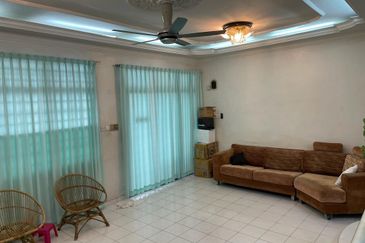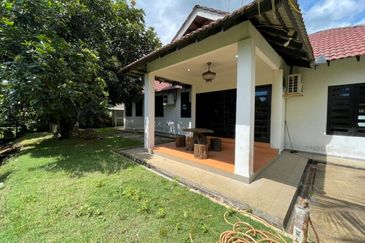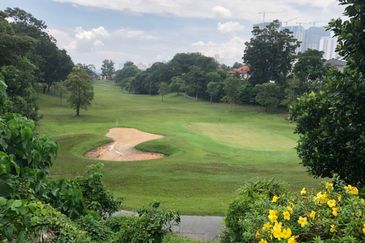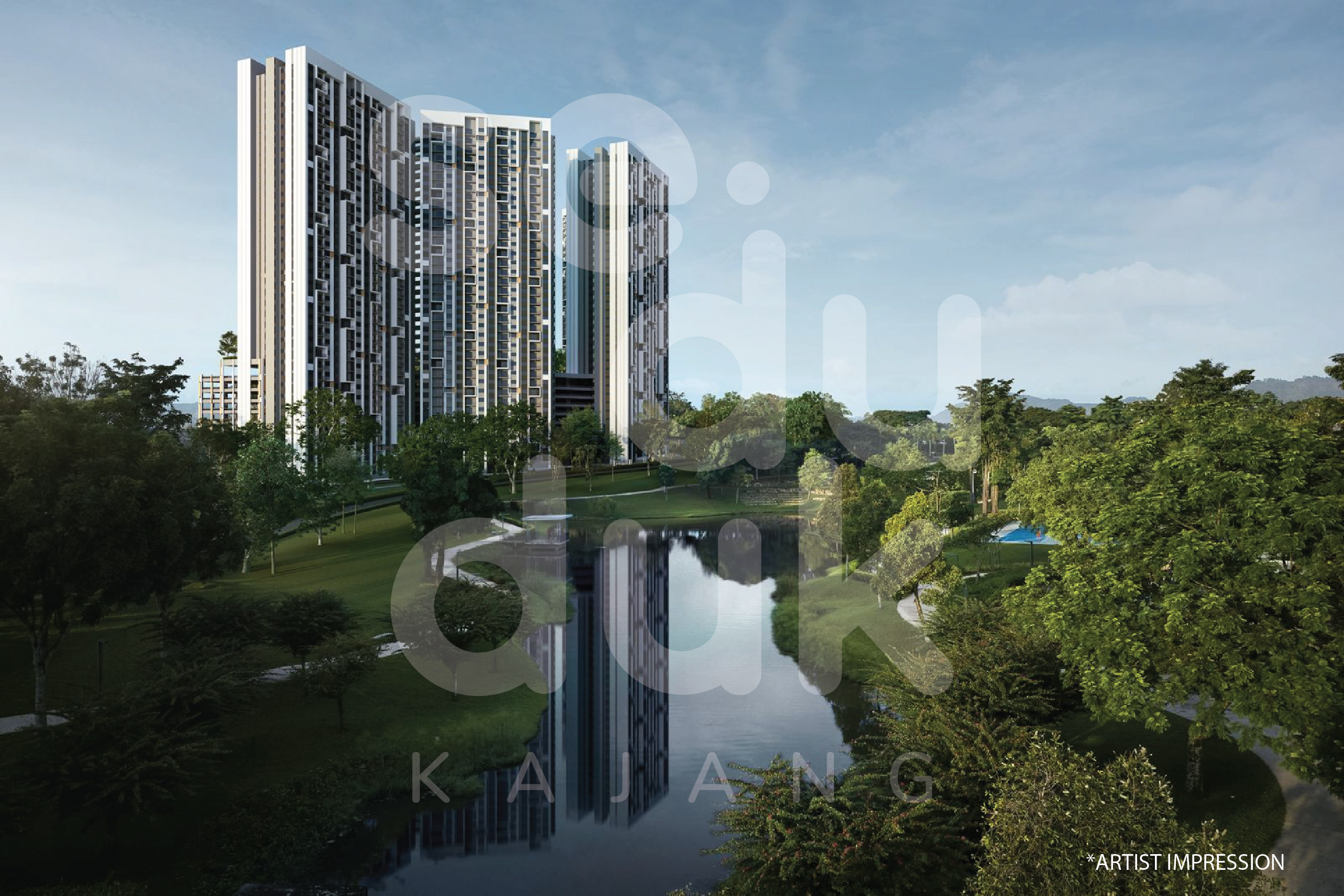KUALA LUMPUR (Feb 26): Urban development policies have been “for too long” under the purview of “politicians who often make decisions on what wins the most votes”, president of the Malaysian Institute of Planners (MIP) Ihsan Zainal Mokhtar (pictured) told the Malay Mail recently.
“Political interference occurs in day to day decisions,” Ihsan told the news portal in an interview last Tuesday at the World Urban Forum 2019 took place.
“They represent interest groups or self-interest... and most of the time they get in the way of a good plan and the people feel it,” Ihsan was reported saying by the news portal at the World Urban Forum 2019 last week.
*Waste management: Planning is the only way forward, says Malaysian Institute of Planners president
He now wants change as “urban planning has direct impact on people’s lives, members of the public have the right to participate in the decision-making process”.
Ihsan called on the new rulers at Putrajaya push on with plans to hold council elections, adding that it is “the best way to ‘clean up’ local governments, hold officials accountable and stave off politics’ influence”.
“We need the whole structure to change,” he said.
As for the city, with KLCP 2040 being formalised, Ihsan said Kuala Lumpur City Hall “has the opportunity to make it the planning process more democratic”.
“It can truly be the most democratic paper for urban planning. Give public access and let them participate... the most important stakeholder is the people.”
The MIP president explained that poor planning “could perpetuate poverty by making it harder for poor households to access public transport, making transit to jobs harder or too costly”.
Such “spatial mismatch between homes and jobs is a problem for many cities worldwide”.
TOP PICKS BY EDGEPROP
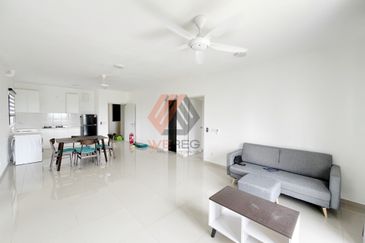
Duduk Se.Ruang @ Eco Sanctuary
Kuala Langat, Selangor
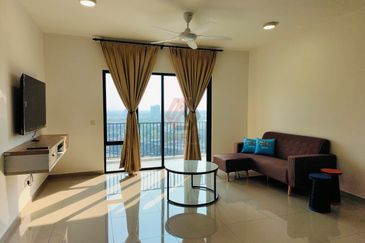
Duduk Se.Ruang @ Eco Sanctuary
Kuala Langat, Selangor
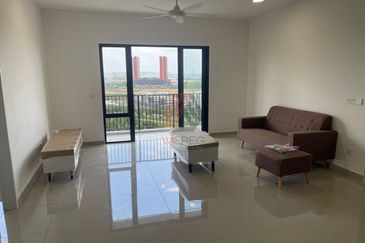
Duduk Se.Ruang @ Eco Sanctuary
Kuala Langat, Selangor
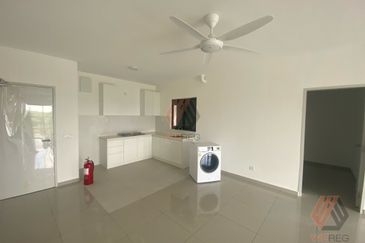
Duduk Se.Ruang @ Eco Sanctuary
Kuala Langat, Selangor
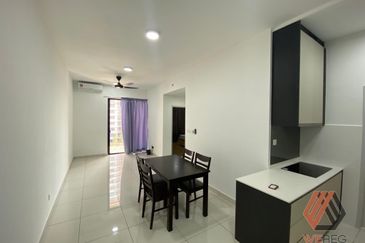
Amber Residence @ twentyfive.7
Kota Kemuning, Selangor
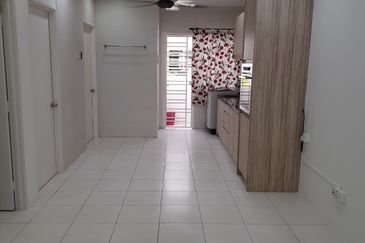
Pearl Villa Townhouse
Bandar Saujana Putra, Selangor
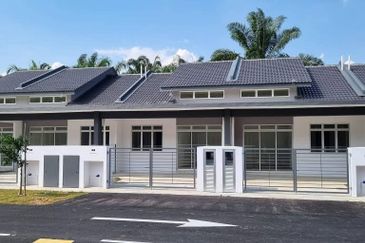
Rancangan Tanah Belia, RTB Bukit Changgang
Dengkil, Selangor
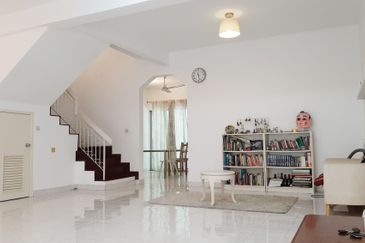
Seksyen 5, Kota Damansara
Kota Damansara, Selangor
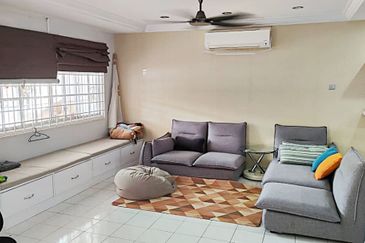
Seksyen 8, Kota Damansara
Kota Damansara, Selangor

